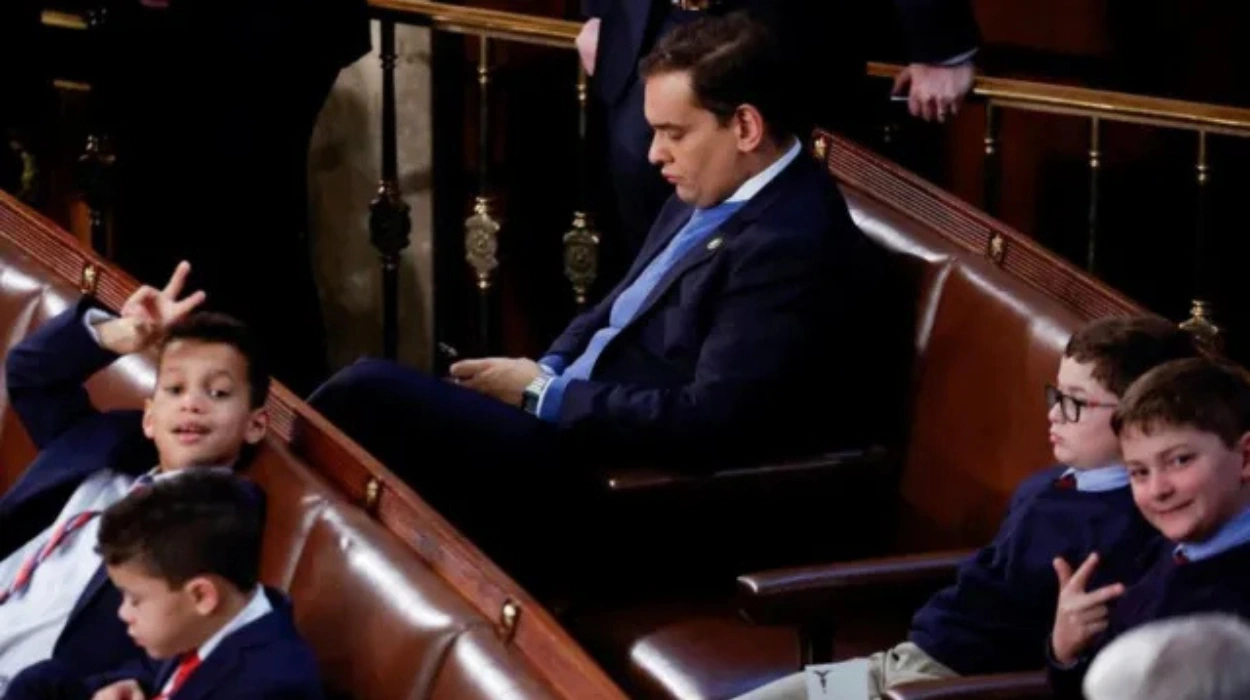US (Transatlantic Today) – Newly elected Congressman George Santos faces intense backlash after admitting to fabricating key details of his background, raising questions about potential consequences for his actions.
Santos, a 34-year-old Republican from New York, has been exposed for lying about his education, work history, real estate holdings, and even aspects of his religious and family background. As scrutiny mounts, lawmakers and legal experts weigh the possible repercussions he could face.
Political Isolation on Capitol Hill
On his first day in Congress, Santos appeared notably isolated, with few lawmakers engaging with him. During a vote for House Speaker, a Democratic representative reportedly called him “mentiroso,” the Spanish word for “liar.”
While public and media outrage has been swift, top House Republicans have remained largely silent, avoiding direct comments on his future.
Legal and Ethical Investigations Underway
Beyond political fallout, Santos now faces investigations at multiple levels:
- Federal and state authorities are probing financial inconsistencies in his campaign.
- Brazilian officials have reopened a fraud case against him, dormant for over a decade.
- The House Ethics Committee could take up his case, but it primarily investigates misconduct by sitting members, not pre-election actions.
Could Santos Be Expelled from Congress?
Under the U.S. Constitution, Santos meets the legal qualifications to serve, meaning he can still be sworn in despite the controversy. However, if criminal charges emerge, expulsion could become a real possibility—though it would require a two-thirds majority vote in the Republican-controlled House.
“Expelling a member is rare,” said constitutional law professor Jonathan Entin. Historically, only 20 members of Congress have been removed, with most cases tied to Civil War disloyalty.
Censure: A Likely Outcome?
While expulsion remains uncertain, Santos could be censured, a formal public reprimand requiring a simple majority vote. This would allow Republicans to distance themselves without removing a member from their already slim House majority.
“Santos could also face political isolation, with leadership denying him significant committee assignments,” said Casey Burgat, director of George Washington University’s Legislative Affairs program.
What Comes Next?
As new allegations emerge, House Republicans may be forced to take action if keeping Santos does more harm than good to their party’s reputation. For now, Santos faces scrutiny, possible censure, and growing political isolation—leaving his future in Congress uncertain.


























